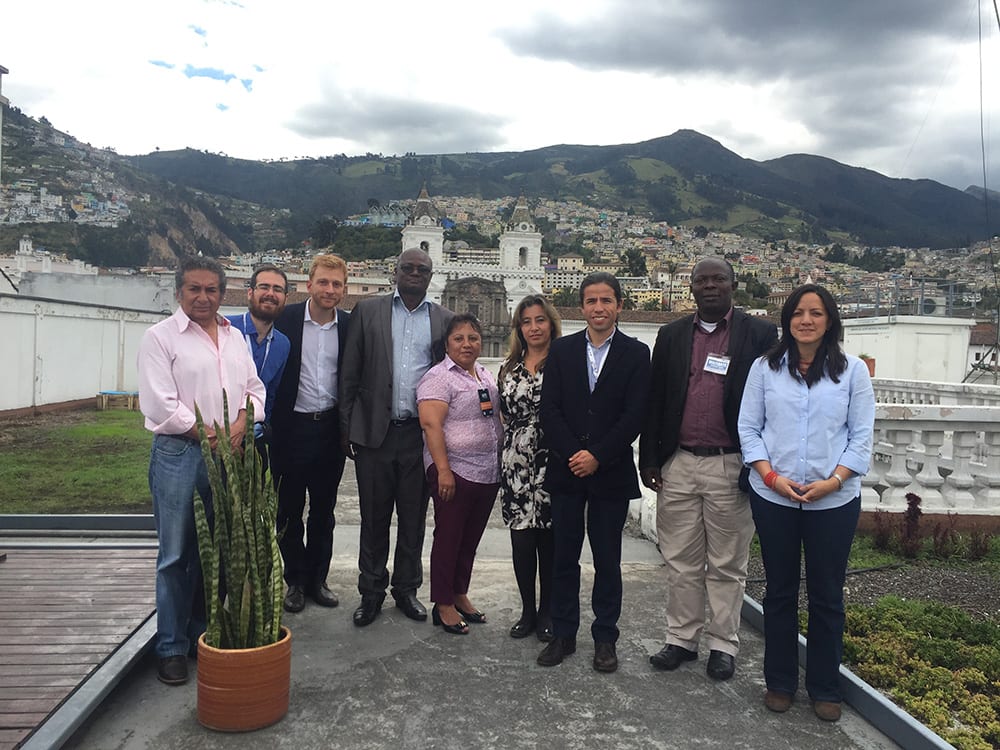Collective practices vs. the Neoliberal City?
By ucyow3c, on 29 November 2016
Written by Harshavardhan R Jatkar, UCL Bartlett Development Planning Unit
Has democracy failed to resist the neoliberal vision of the city and does architecture have anything to contribute to the debate? A presentation by Leonardo Cappetto, an architect and co-founder of Grupo TOMA, came as a fresh and potent ray of hope on Thursday evening – 17th November 2016. Thanks to Dr. Camilo Boano, Leonardo was invited to present at the Development Planning Unit.
His presentation commenced by juxtaposing the rise of populist right-wing politicians almost all around the world and the seeming demise of an alternative to the neoliberal city. But the optimism rose as he presented the work done by the Chile based collective – Grupo TOMA towards attempting to find that alternative.

The promise of an alternative reflected within the very structure of Grupo TOMA, defying the norms that governed the 20th century professional world.
Grupo TOMA is a collective of architects without any hierarchical internal relationships.
It is a nomad organisation that resents the idea of growth for its sake and it works with temporal communities inherently being denied the chance for any permanent architectural statement.
What motivates a group of architects to let go of the egotistic practice of the 20th century?
What inspires their continuing reconciliation with temporal existence?
Leonardo’s presentation was just a glimpse into some of the aspects that may answer these questions. (more…)
 Close
Close



